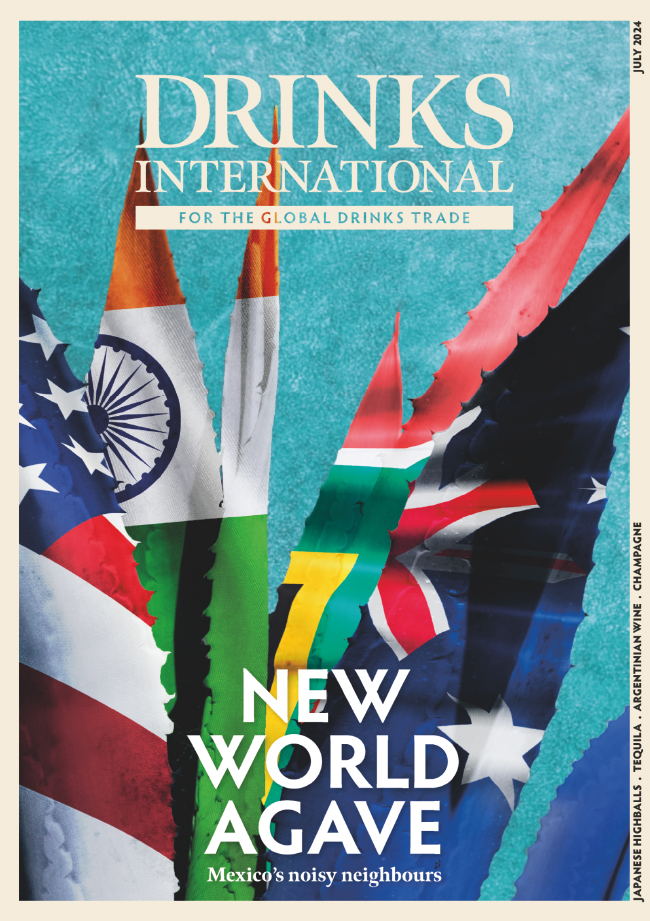The rum category is the Wild West of the spirits industry, with a huge diversity of styles and practices and an almost outright denial of the use of additives, particularly sugar. Too often the response when questioned is “we don’t add anything” or “it’s the way we make our rum”. But who can argue? There is no worldwide governing body for the production of rum so, perhaps more than any other category, accurate labelling is important.
The consumer has a right to know the contents of what they consume. I guess I don’t fear for my life, but am I being hoodwinked? Statements such as “we add a little caramel for consistency of colour” are often thrown around. Caramel is harmless, nothing to be worried about right? Well if this is the case list it and don’t be shy. Congratulations to Germany and Denmark for requiring whisky brands to do just that.
For many categories there is regulation at source. Scotch whisky is clearly defined when it comes to its ingredients: “No substance has been added except (i) water; (ii) plain caramel colouring; or (iii) water and plain caramel colouring.”
The EU definition of whisky is clear, but its definition of rum is ambiguous: “A spirit drink produced exclusively by alcoholic fermentation and distillation, either from molasses or syrup produced in the manufacture of cane sugar or from sugar-cane juice itself and distilled at less than 96% volume so that the distillate has the discernible specific organoleptic characteristics of rum.”
Sugar doesn’t pass through the distillation process of rum, but under current rules, it can be added after distillation and not listed. If the industry norm is to not disclose caramel or sugar then that makes me wonder what else might not being disclosed. Is this the thin end of the wedge? Most producers I known would rather drown themselves in their own wash than add enhancers to their rums.
Imagine my pleasure at seeing a bottle of rum that actually had a list of ingredients. Which, for the record were: Guatemala dark rum, cane sugar and colour: plain caramel. It was a bit like the Warning: May Contain Nuts moment. It was no coincidence this was a supermarket own-brand with a policy of listing its products’ ingredients and therefore allowing the consumer to make informed judgements.
The recent WIRSPA report indicated that rum is very much on the up. Spiced rum even more so. When you pick up a bottle of spiced rum, you are consciously buying a product with flavourings. But even here, the ingredients list has a benefit: was the flavouring process carried out with carefully managed maceration or is it simply the addition of a host of chemical flavourings such as synthetic vanillin?
With rum’s many different regions and styles it’s always going to be hard to define. What the hell is rum supposed to taste like anyway? It does feels like the past few years have seen a gradual increase of new products following the sweet, vanilla-led taste profile. If market research leads companies to give people what they want, then who am I to argue? (For the record, I’m not against a sweeter style of rum, but you can keep the vanilla overload.)
But let’s have a list of ingredients on the label please – I demand that my booze be subject to the same rules as other foods and beverages. I know it’s not a one-step solution, but a first step: a legally defensible footing. It’s time for rum producers to step up and be pro-active. Seriously, just how much sugar has been added? I’m on a calorie controlled diet don’t you know?
Peter Holland is a rum writer and Floatingrumshack.com blogger




